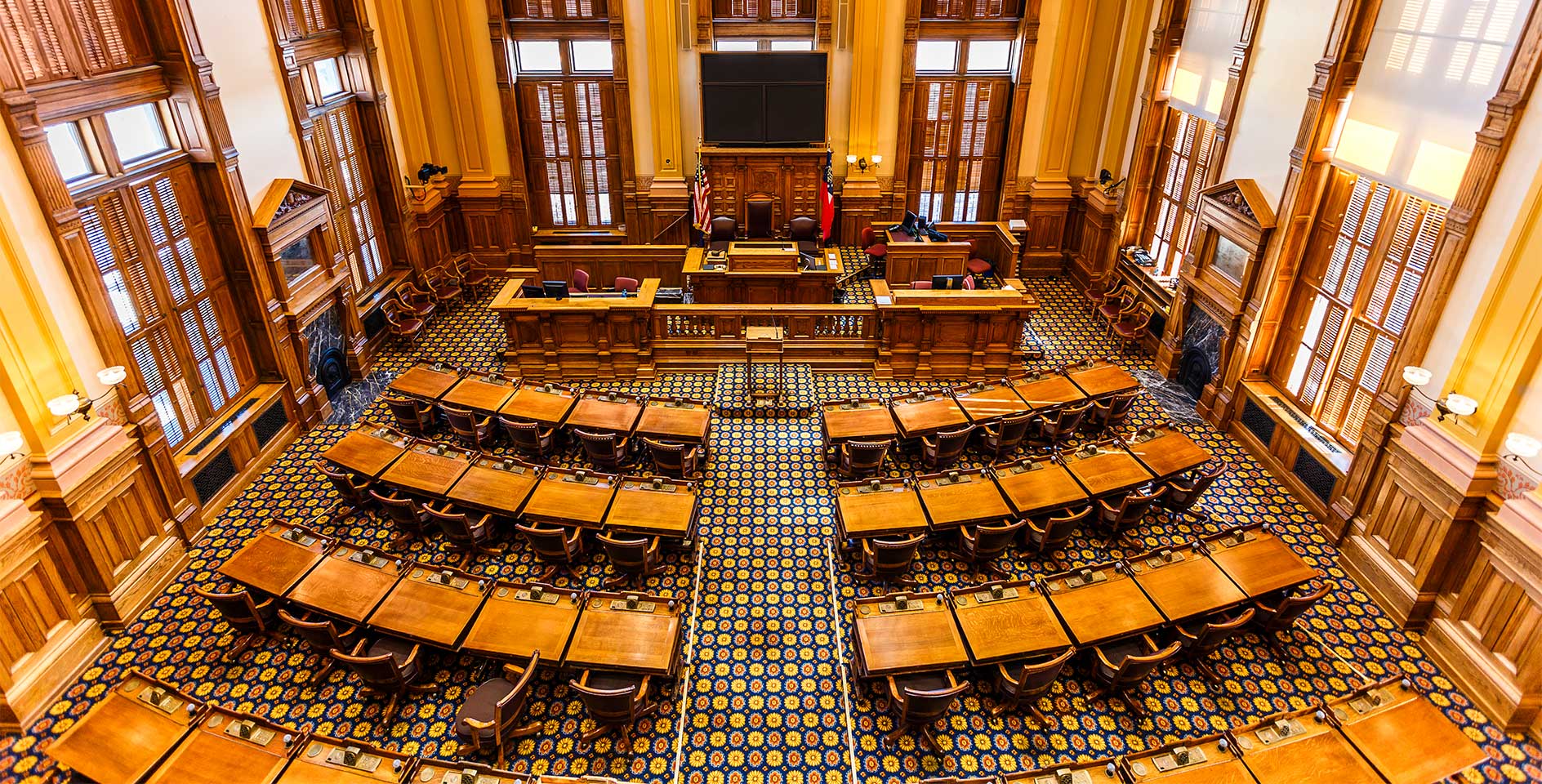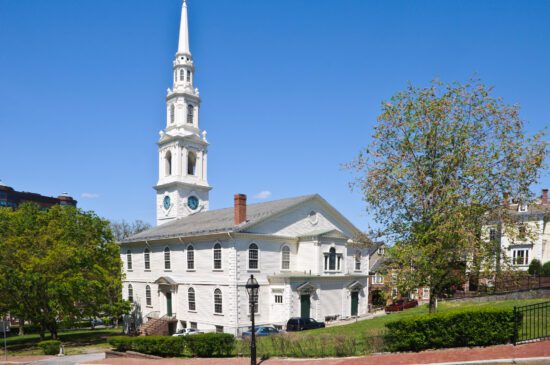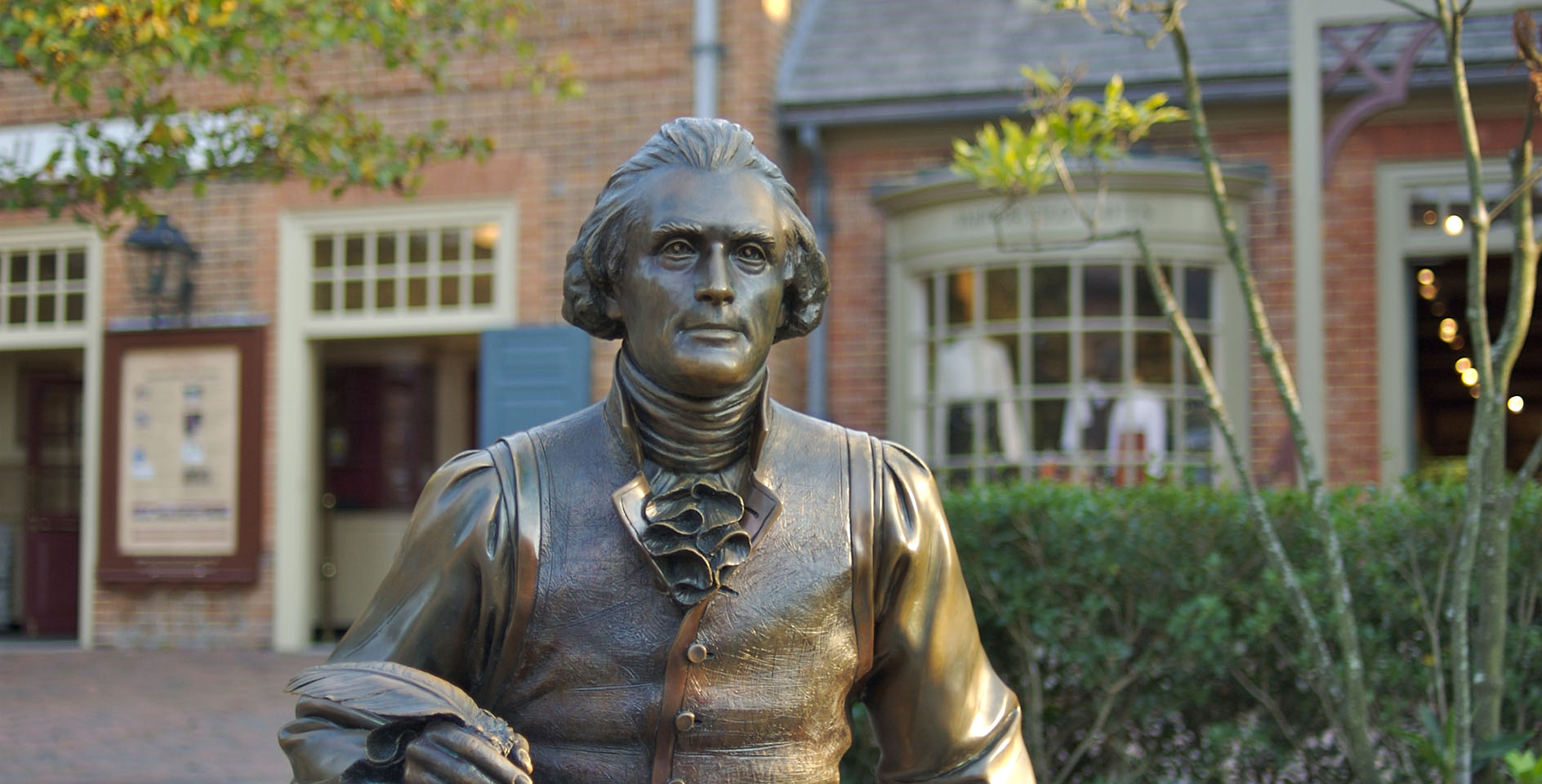There is simply no avoiding the furor surrounding religious liberty and the sexual revolution. Nathan Deal, the Republican Governor of Georgia, announced today that he will veto a comparatively modest Religious Freedom Restoration Act intended to protect religious liberty in the state.
For weeks, Governor Deal has encountered mounting pressure from Big Business and the LGBT lobby to reject the legislation. According to the New York Times, “Hundreds of businesses and sports organizations, including Coca-Cola and the National Football League, had warned Mr. Deal, explicitly or implicitly, that a decision to support the bill could jeopardize economic opportunities in Georgia.” Similarly, progressive groups, such as the Human Rights Campaign, voiced staunch opposition to the measure decrying it as “deeply discriminatory” and “anti-LGBT.” Governor Deal announced his plans to veto the bill in a press conference earlier today.
Legislators in Georgia have been seeking to extend further religious liberty protections for several years. House Bill 757, the legislation at the center of this controversy, would have safeguarded the rights of faith-based groups in the state of Georgia that were unable to provide “social, educational or charitable services that violate” their religious beliefs. It would have further guaranteed hiring rights for faith-based organizations, allowed clergy to decline to officiate same-sex weddings and protected churches and their affiliated ministries from being discriminated against by the state because of opposition to same-sex marriage.
Deal’s announcement marks a strategic victory for cultural cronyism and sexual progressives and a stinging loss for religious conservatives. Most disheartening are the words of Governor Deal himself,
In light of our history, I find it somewhat ironic that some in the religious community today feel that it is necessary for government to confer upon them certain rights and protections. . . . If indeed our religious liberty is conferred upon us by God, and not by man-made government, perhaps we should simply heed the hands-off admonition of the First Amendment to the United States Constitution.
While religious conservatives would love nothing more than to seek refuge in the First Amendment’s guarantee of Free Exercise, since the Supreme Court’s ruling in Obergefell v. Hodges last June—legalizing same-sex marriage nationwide—such claims have fallen on deaf ears. In his capitulation to cronyism, Governor Deal characterized the efforts of religious conservatives to secure guarantees for constitutional freedoms as unnecessary and misguided—something apparently at odds with President Bill Clinton who signed a similar federal bill into law, and the ACLU, which supported its passage in the 1990s. Perhaps the governor should have consulted the dissenting opinion of Chief Justice John Roberts to the Court’s Obergefell decision,
Today’s decision, for example, creates serious questions about religious liberty. Many good and decent people oppose same-sex marriage as a tenet of faith, and their freedom to exercise religion is—unlike the right imagined by the majority— actually spelled out in the Constitution. . . . The First Amendment guarantees, however, the freedom to “exercise” religion. Ominously, that is not a word the majority uses . . . Hard questions arise when people of faith exercise religion in ways that may be seen to conflict with the new right to same-sex marriage—when, for example, a religious college provides married student housing only to opposite-sex married couples, or a religious adoption agency declines to place children with same-sex married couples. Indeed, the Solicitor General candidly acknowledged that the tax exemptions of some religious institutions would be in question if they opposed same-sex marriage . . . Unfortunately, people of faith can take no comfort in the treatment they receive from the majority today.
The threat to religious freedom is real, not imagined. In failing to enact this bill, Governor Deal has worked to further isolate, alienate and stigmatize the millions of citizens with a religious belief about marriage. In passing H.B. 757, legislators in Georgia took a meaningful step toward safeguarding religious freedom, but unfortunately the effort was upended by Governor Deal’s decision to veto.
It is incumbent upon religious conservatives to support the efforts of lawmakers to secure the passage of carefully crafted legislation that provides reasonable accommodations and truly protects religious freedom. Ultimately, Governor Deal has cowed to corporate interests and bowed to hype and fear, rather than the interests of Georgia’s faith community who he so fervently campaigned off of and has now ultimately, and memorably, failed.








